During the war years, artists were also soldiers. They "Used their pens as a weapon to change the regime/ Each verse of poetry was a bomb to destroy tyranny."
When peace was restored, literature and art always accompanied social life, persistently nurturing the soul and personality of the Vietnamese people.
Half a century after the country's reunification, Vietnamese literature and art are facing new opportunities and challenges, requiring transformation and improvement to meet the demands of the public and the times.
Literature and art face multidimensional challenges
From a research perspective, Associate Professor-PhD Doan Thi My Huong, Department of Art Research, Vietnam Institute of Culture, Arts, Sports and Tourism (VICAST) said that since 1975, Vietnamese society has undergone profound changes in the fields of politics , economy and culture. The past 50 years can be divided into 3 major stages: 1975-1985; 1986-1999; and 2000-2025.
According to Ms. Huong, the period from 1975 to 1985 is considered the post-war and reconstruction period. The compositions mainly focused on praising the resistance and revolution and were subject to strict censorship in terms of content and form of expression.
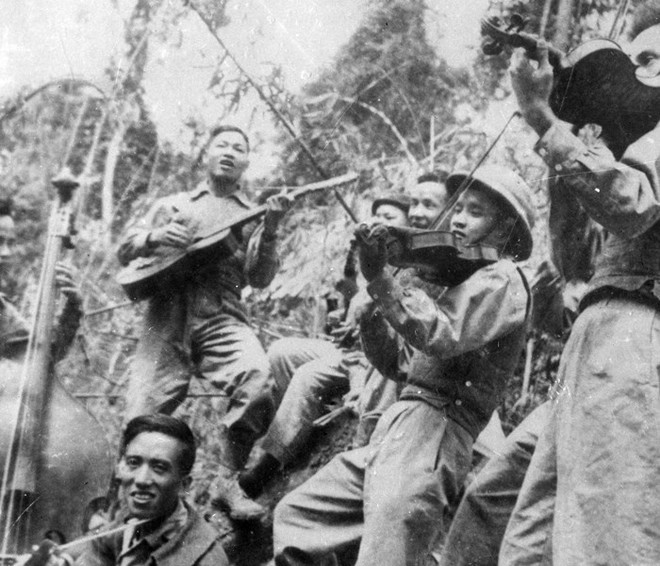
The period 1986-1999 was a period of renovation, starting with the policy of the Communist Party of Vietnam from the Resolution of the 4th Party Congress in 1986. Artists sought new approaches, expressed many personal statements and explored diverse genres and artistic styles, leading to richness in contemporary art.
The period 2000-2025 is the period of globalization and international integration. The role of technology in the development of art in general is gradually becoming a new direction for Vietnamese art. The application of digital technology allows artists to create multimedia works of art. Social media platforms and personal websites help artists promote their works and reach audiences more easily.
The concept of digital art and NFT (Non-Fungible Token) is becoming a trend, giving artists new opportunities to create and sell works, while expanding the art market globally.
Looking back over the past 50 years, Associate Professor, Doctor Nguyen Duy Bac, Permanent Deputy Director of the Ho Chi Minh National Academy of Politics, affirmed that the country's literature and art have worthily inherited the tradition of a "patriotic and humane literature and art, closely connected with the people and nation"; at the same time, with the strong support from the idea of innovation, literature and art have strived to rise up, develop comprehensively, reflect and contribute to realizing the aspiration for national development.
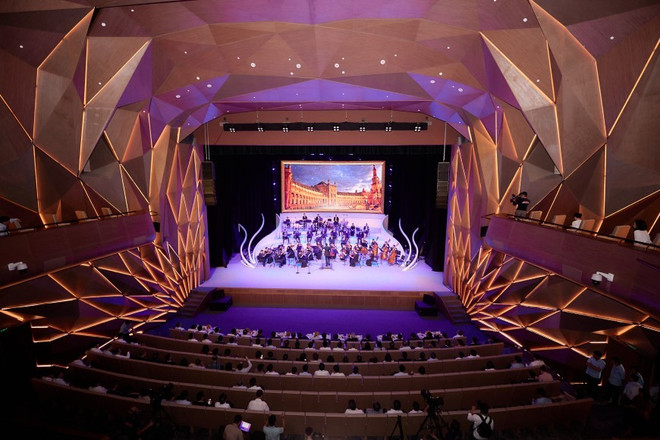
However, Associate Professor-PhD Nguyen Duy Bac frankly acknowledged that contemporary literature and art still lacks works of high ideological and artistic value, commensurate with the stature of the renovation initiated and led by our Party and the cultural-historical depth of the nation. A part of the works are still far from reality, following easy tastes, leaning towards commerce and entertainment, lacking political-ideological courage.
“In addition, there is a clear generation gap among artists today. The generation of artists who have been creating for a long time with rich life experiences and deep thoughts are gradually retreating into the background due to age and health. Meanwhile, the young force, although dynamic, creative, and quick to approach new things, lacks depth of experience and solid value orientation,” Mr. Bac frankly said.
Mr. Bac believes that in the wave of globalization and technology explosion, Vietnamese literature and art are facing multi-dimensional impacts, which are both opportunities to expand exchanges, absorb the quintessence of human culture, and integrate into international culture, as well as a great challenge in preserving identity.
“The issue is to actively exploit the cultural values of ethnic groups and regions in creation; at the same time, proactively and selectively absorb the quintessence of world literature and art, contributing to creating new values that are both international in scope and imbued with the national soul,” the Permanent Deputy Director of the Ho Chi Minh National Academy of Politics expressed.
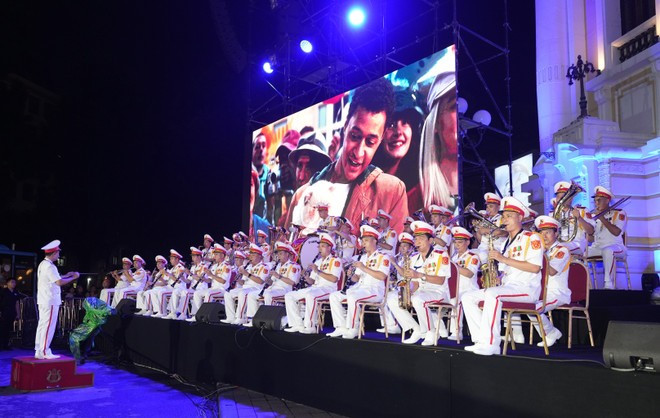
Speaking to reporters of VietnamPlus Electronic Newspaper, Associate Professor-PhD Nguyen The Ky, Vice Chairman of the Central Theoretical Council and Head of the Department of Literature and Art Theory and Criticism, said that in the period after 1975, literature and art were affected by the multi-dimensional impact of the political, economic and social context.
The harmony and sharing between revolutionary literature and progressive literature, with national and democratic spirit; the blending between peacetime and wartime; between the centralized, bureaucratic, subsidized economic mechanism and the market economic mechanism; between the old, the familiar and the new, the different... makes it difficult for literary and artistic creators to avoid surprise, confusion and even excitement before the new, rich things, including the complex aspects of social life.
Sharing the same view, Dr. Nguyen Viet Chuc, Deputy Head of the Cultural-Social Advisory Council, Central Committee of the Vietnam Fatherland Front, said that the new era has great opportunities and also significant challenges because the way the public thinks, works and enjoys art has changed a lot.
“Social media is bringing a ‘table’ of dishes that are too abundant, forcing the public to choose until they are exhausted, not knowing which is good. The appearance of AI is also a challenge for artists. Although AI cannot replace the human heart and soul, the number of cold works created by AI also puts pressure on creators,” said Mr. Chuc.
The strong thread that binds people's hearts
On the afternoon of April 18, the Central Propaganda and Mass Mobilization Commission, the Ho Chi Minh National Academy of Politics, the Ministry of Culture, Sports and Tourism, and the Vietnam Academy of Social Sciences organized a national scientific conference "50 years of Vietnamese literature and art after the country's reunification (April 30, 1975 - April 30, 2025) - Issues and development orientations."
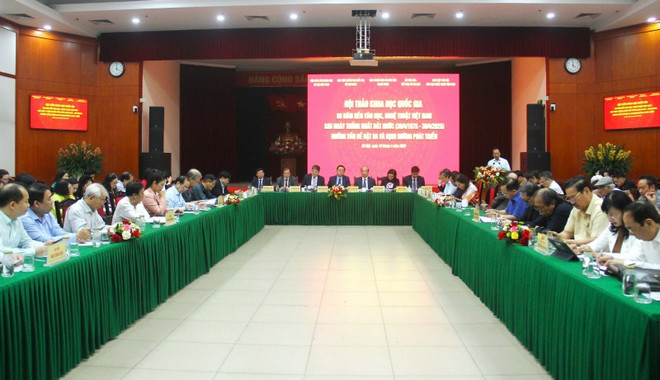
Delegates objectively and comprehensively assessed the current situation (achievements and limitations) of literature and art over the past 50 years and made suggestions for perfecting policies and guidelines for developing literature and art in accordance with the creative characteristics and requirements of the times.
Head of the Central Propaganda and Mass Mobilization Commission Nguyen Trong Nghia affirmed that over the past half century, literature and art have persistently nurtured and nurtured the soul and personality of the Vietnamese people, acting as a strong bond that unites people's hearts and heals wounds...
Regarding the development direction, Mr. Nguyen Trong Nghia requested the team of artists to stick closer to and immerse themselves in the vivid reality of the country, promote social responsibility and civic duty, explore and create, constantly expand the scope and depth of capturing reality; explain and interpret deeply new and important issues, strive to create more attractive works, profound in ideological content, and new in form.
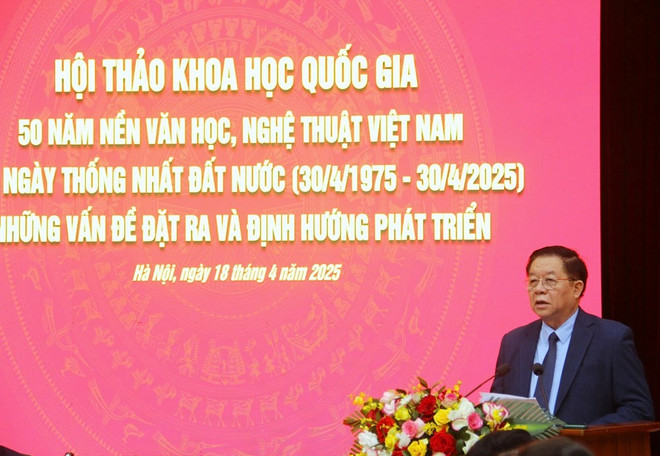
Mr. Nguyen Trong Nghia requested that the central and local departments, ministries, branches continue to fully and deeply grasp and effectively implement the Party's resolutions on culture, literature and arts and the important instructions of General Secretary To Lam at the National Meeting of Artists and Writers on December 30, 2024. At the same time, step up propaganda and further raise awareness of the very important position and role of literature and arts, thereby promoting a sense of responsibility, making appropriate decisions, and motivating artists to be creative and dedicated.
Sharing solutions, Associate Professor - Doctor Bui Hoai Son, full-time member of the National Assembly's Committee on Culture and Education, proposed increasing investment and innovating funding mechanisms for literature and arts, increasing investment from the State, perfecting the legal system on copyright and copyright protection, and innovating the management mechanism in a more flexible and open direction towards creativity.
Mr. Bui Hoai Son also said that it is necessary to promote the cultural industry and apply digital technology in literature and art.
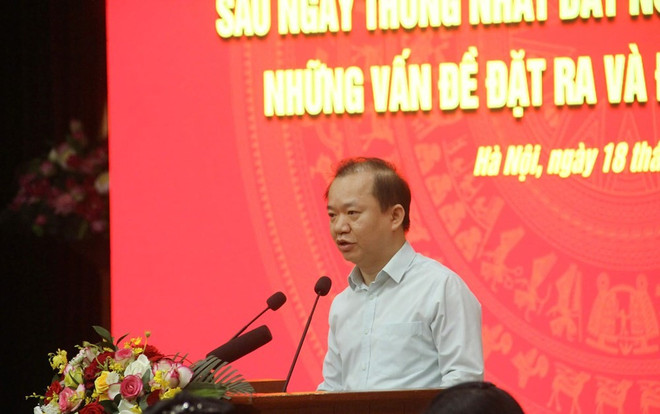
To provide artists with the conditions to explore, experiment and create many valuable works of ideology and art in the new era, musician Do Hong Quan, Chairman of the Vietnam Union of Literature and Arts Associations, proposed that the Party, State and Government have guidelines to put policies into practice, suitable for the new era.
In addition, Mr. Quan said that there needs to be fundamental and comprehensive innovation in the direction of: Increasing investment resources from the State in terms of finance, facilities, human resources and mechanisms, but it is necessary to determine the right focus and key investment to promote optimal efficiency and avoid waste.
Musician Do Hong Quan also emphasized the importance of training. Talents and aptitudes of artists need to be discovered early, and properly and thoughtfully trained and nurtured./.
Source: https://www.vietnamplus.vn/van-hoc-nghe-thuat-thoi-ky-moi-hien-thuc-hoa-khat-vong-phat-trien-dat-nuoc-post1033762.vnp



![[Photo] Readers line up to visit the photo exhibition and receive a special publication commemorating the 135th birthday of President Ho Chi Minh at Nhan Dan Newspaper](https://vphoto.vietnam.vn/thumb/1200x675/vietnam/resource/IMAGE/2025/5/17/85b3197fc6bd43e6a9ee4db15101005b)
![[Photo] Prime Minister Pham Minh Chinh chairs meeting on science and technology development](https://vphoto.vietnam.vn/thumb/1200x675/vietnam/resource/IMAGE/2025/5/17/ae80dd74c384439789b12013c738a045)
![[Photo] More than 17,000 candidates participate in the 2025 SPT Competency Assessment Test of Hanoi National University of Education](https://vphoto.vietnam.vn/thumb/1200x675/vietnam/resource/IMAGE/2025/5/17/e538d9a1636c407cbb211b314e6303fd)




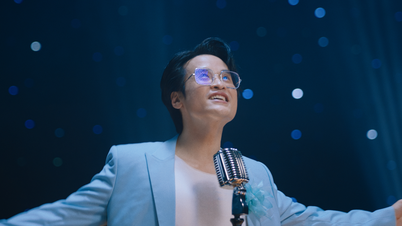

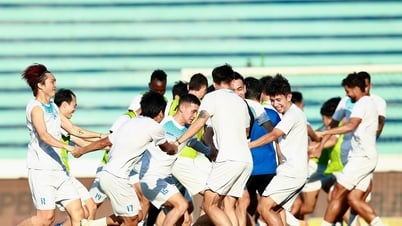

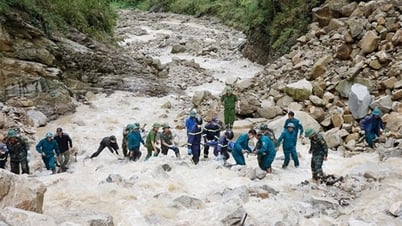

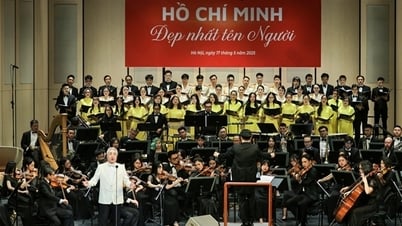
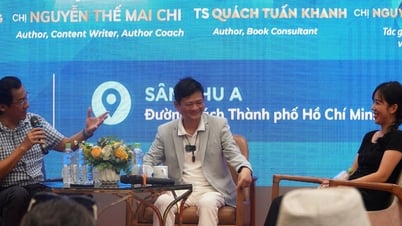




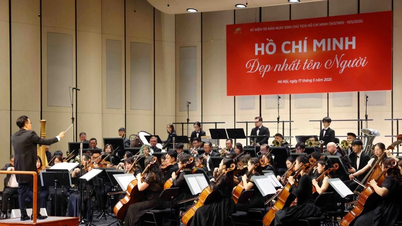
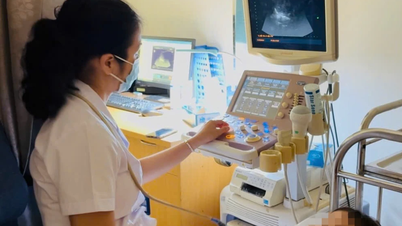

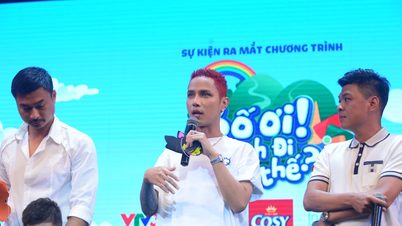
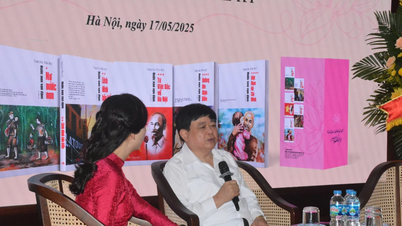
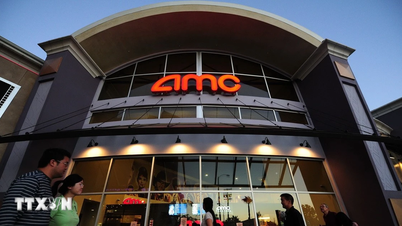
![[Photo] Nearly 3,000 students moved by stories about soldiers](https://vphoto.vietnam.vn/thumb/1200x675/vietnam/resource/IMAGE/2025/5/17/21da57c8241e42438b423eaa37215e0e)
















































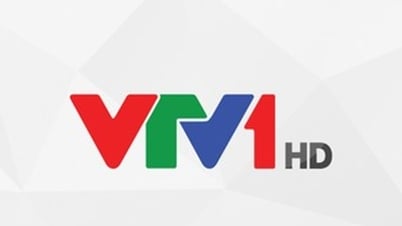

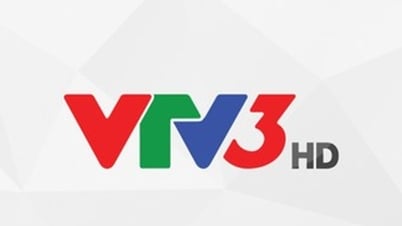
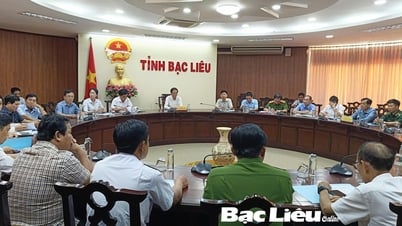
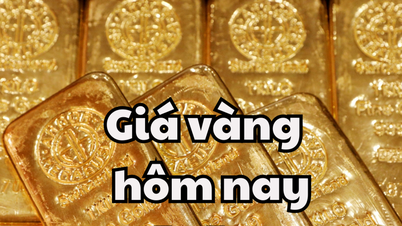

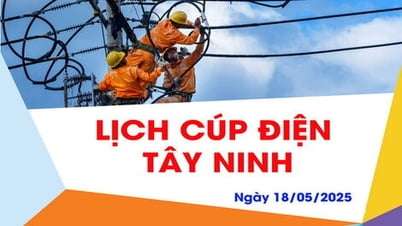

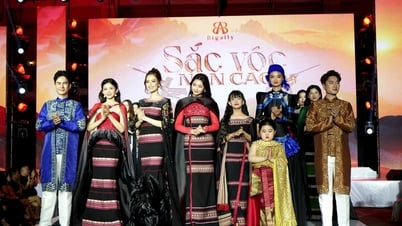












Comment (0)